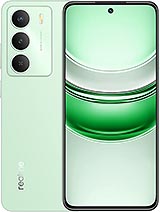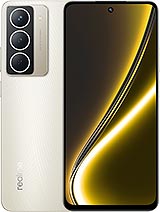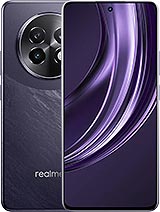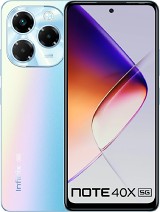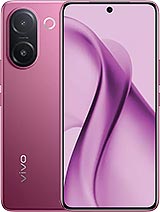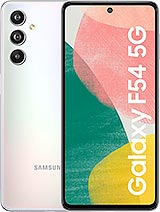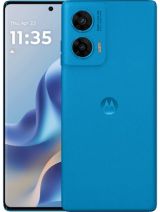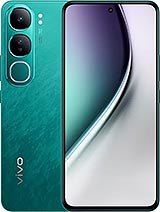Moto G96 alternatives
Tap above to see alternatives.
Vivo Y300 alternatives
Tap above to see alternatives.
4x2.40 GHz Cortex-A78
4x1.95 GHz Cortex-A55
2x2.2 GHz Cortex-A78
6x1.95 GHz Cortex-A55
8GB 256GB (UFS 2.2)
8GB 256GB (UFS 2.2)
f/1.9, (wide), 1/1.56", 1.0µm, Sony LYT-700C, multi-directional PDAF, OIS
8 MP
f/2.2, 119˚ (ultrawide), 1/4.0", 1.12µm, AF
f/1.8, (wide), 1/1.95", 0.8µm, PDAF
2 MP
f/2.4, (depth)
1080p@30/60/120fps, gyro-EIS, OIS
f/2.2, (wide), 1/3.14", 0.7µm
f/2.5, (wide)
1080p@30fps, gyro-EIS
SIM1: Nano, SIM2: Nano
SIM1: Nano, SIM2: Nano
13 5G bands
n1, n3, n5, n7, n8, n20, n26, n28, n38, n40, n41, n77, n78
8 5G bands
n1, n3, n5, n8, n28, n38, n40, n41
In this performance comparison, the Moto G96 with its Qualcomm Snapdragon 7s Gen 2 (4nm) performs better than the Vivo Y300 with the Qualcomm Snapdragon 4 Gen 2 (4nm), thanks to superior chipset efficiency.
Both phones launched with Android 15 and will get updates until Android 16. Moto G96 will get security updates until 2028 (approx. 3 years), while Vivo Y300 is supported till 2027.
Both Moto G96 and Vivo Y300 feature AMOLED displays, offering vibrant colors and deeper blacks. In terms of smoothness, Moto G96 offers a higher 144 Hz refresh rate, ensuring fluid scrolling and animations. Vivo Y300 also boasts a brighter screen with 1800 nits of peak brightness, enhancing outdoor visibility. Both phones have the same screen resolution.
Moto G96 comes with a larger 5500 mAh battery, which may offer longer usage on a single charge. Vivo Y300 also supports faster wired charging at 80W, compared to 33W on Moto G96.
Moto G96 offers better protection against water and dust with an IP68 rating.
¹ Scores can vary even with the same chipset due to RAM, thermals, and software optimization.

